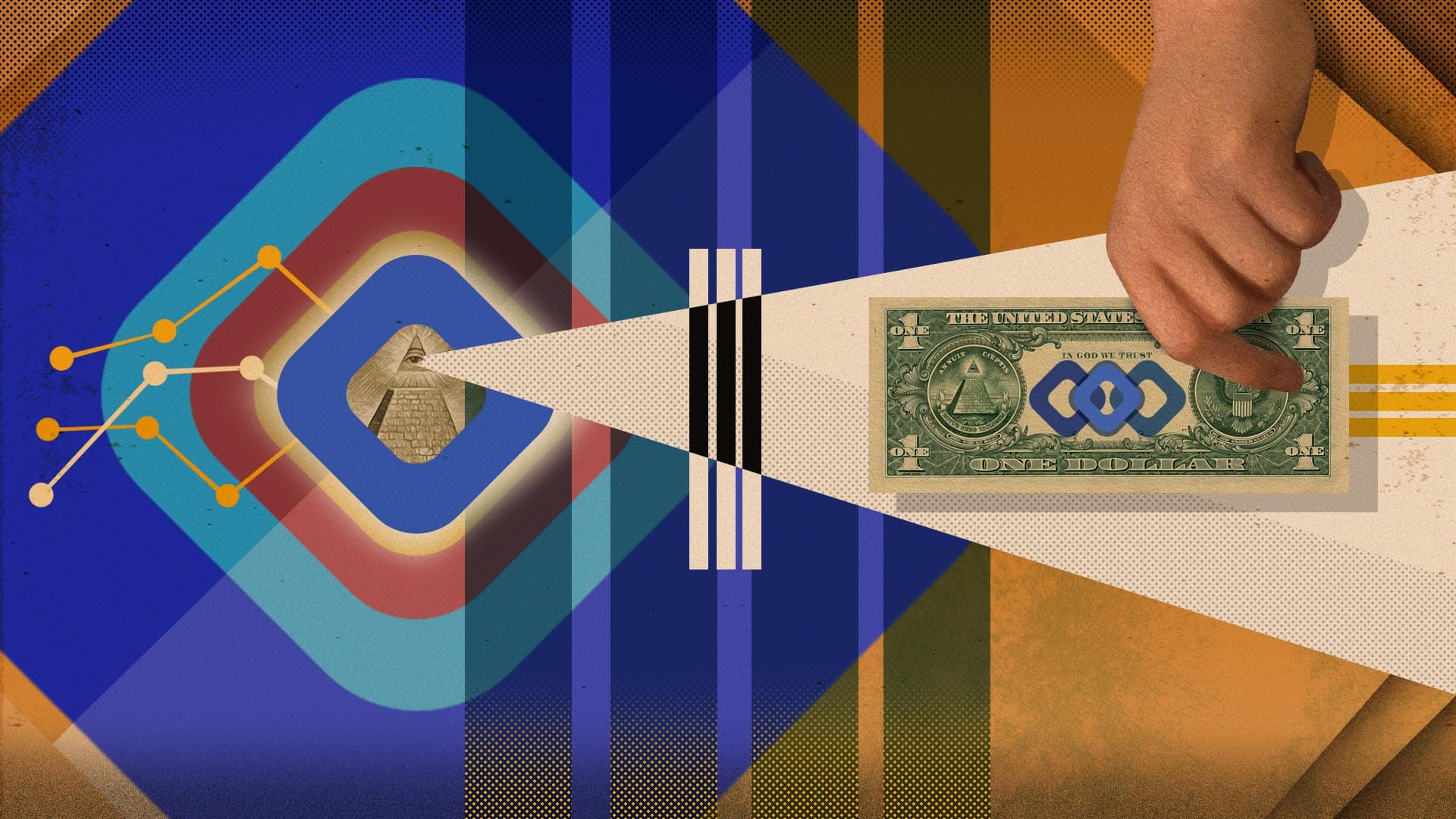Crypto Lender BlockFi To Pay $100M in Fines to US Regulators
BlockFi calls the $50 million in fines to the SEC and a further $50 million to state regulators over its high-interest crypto product “a landmark resolution”

Blockworks exclusive art by Axel Rangel
- The penalties extend from the SEC’s review of BlockFi’s high-interest yield account last year
- The lender is prohibited from offering US citizens any new products that resemble its high-interest yield account, while it seeks to register a similar compliant product
Cryptocurrency lending platform BlockFi is expected to pay $100 million in fines to the Securities and Exchange Commission (SEC) and other state regulators over allegations it illegally offered a high-interest yield product.
BlockFi will pay $50 million to the SEC and a further $50 million to various state regulators, according to a Bloomberg report on Friday, which cited people familiar with the matter and confirmed by BlockFi on Monday. US customers will no longer be able to open any new interest-yielding accounts.
In a Twitter thread, Monday, Prince wrote that the settlement “identifies a clear path forward for folks to earn interest on their crypto.”
The penalties come as US authorities continue to spotlight crypto lending activity deemed to be outside the purview of the country’s financial regulations.
BlockFi’s interest account (known as BIA) allows users to lend out their crypto for up to 9.25% in annual percentage yield. A customer lending out $30,000 worth of USDT could expect a return of around $2,907 over a yearly period. By contrast, the average bank interest rate for interest checking accounts in the US is around 0.03% to 0.06%, a return of just $9 and $18 respectively for the same amount.
The settlement extends from the SEC’s investigation into BlockFi last year which came to blows over the lender’s high-yield interest-bearing crypto product.
New Jersey, Alabama, Kentucky, Vermont and Texas also took action last year after raising concerns over whether the lender’s product constituted illegal securities while accusing the platform of providing minimal protections for customers.
Prince noted that no client funds would be used to pay the fines, and that existing customers of the BIA will be unaffected.
He added that BIA customers would see their accounts automatically converted to the new regulatory-compliant framework, dubbed “BlockFi Yield” when feasible.
This story was updated on Feb. 14, 2022 at 11:40 am ET with official comments from BlockFi
Get the news in your inbox. Explore Blockworks newsletters:
- The Breakdown: Decoding crypto and the markets. Daily.
- 0xResearch: Alpha in your inbox. Think like an analyst.






